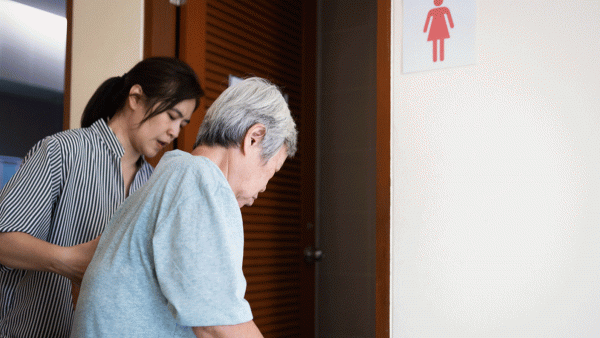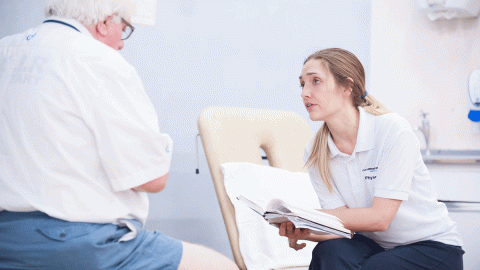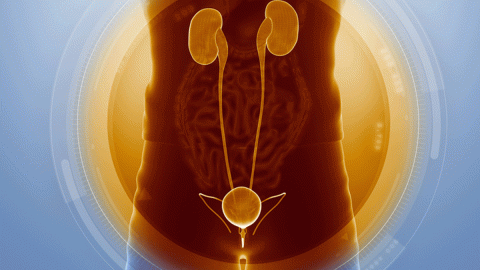Find out what the main causes of incontinence are

What is incontinence?
Urinary incontinence is unwanted leakage of urine from the bladder. Anal incontinence is unwanted leakage of wind (flatal incontinence) or stool (faecal incontinence) from the bowel.
It may happen during an activity such as coughing, sneezing, exercising (stress incontinence of the bladder or bowel). It may involve rushing to the toilet (urinary or faecal urgency) and not getting there in time (urgency leakage).
Who might suffer from incontinence?
Urinary incontinence affects an estimated 14 million people in the UK alone. Although more common in women over the age of 55, it can affect both men and women of any age. Anal incontinence affects men and women equally, and it is estimated to affect two to fifteen percent of adults.
Although urinary and anal incontinence are not life threatening, they can be very distressing. It may affect a person’s quality of life to the extent that they may not want to go out of the house, exercise or travel. Although extremely common, incontinence is under reported, with many people too embarrassed to seek help.
Why does incontinence happen?
There are many things that may make incontinence more likely, such as:
- pregnancy
- childbirth
- menopause
- pelvic surgery (in men and women)
- ageing
- genetic factors
- soft tissue disorders,
- neurological disorders
- lifestyle (e.g. manual work, diet, obesity and smoking)
One or more of these in a person may increase the risk of incontinence occurring.



